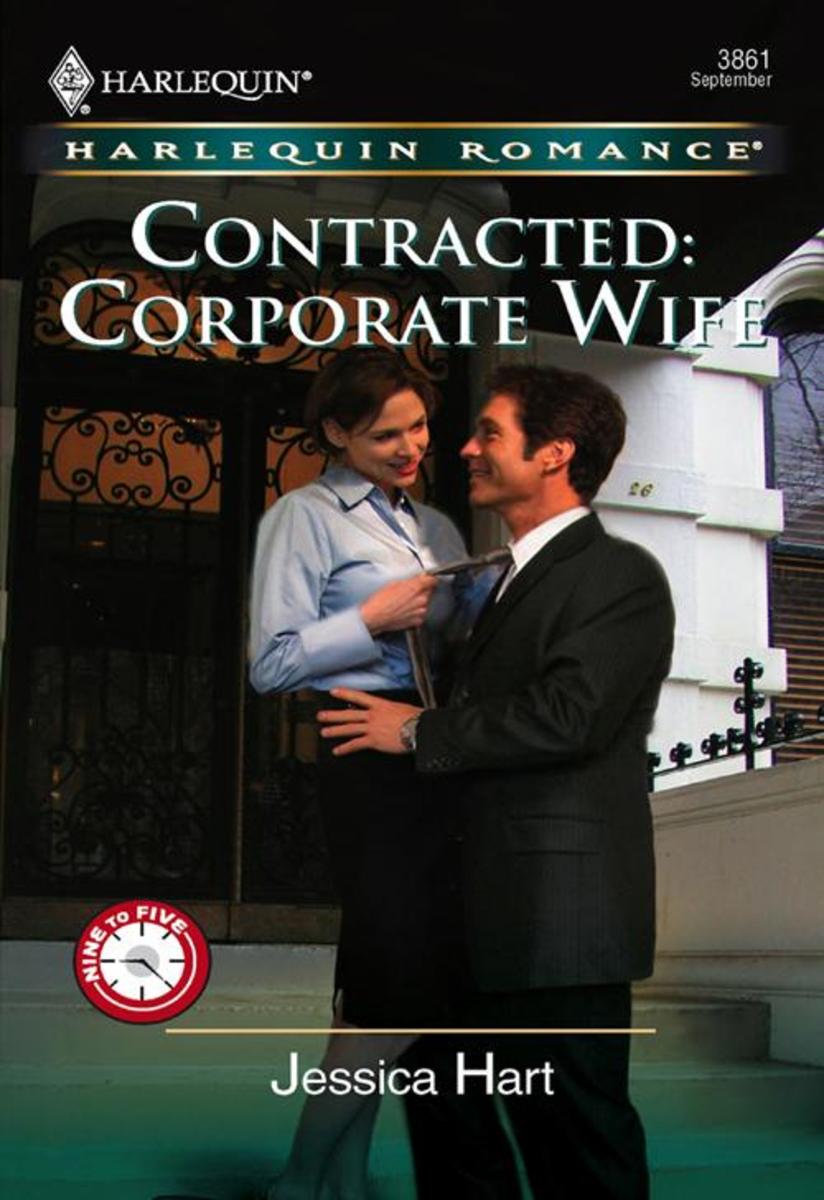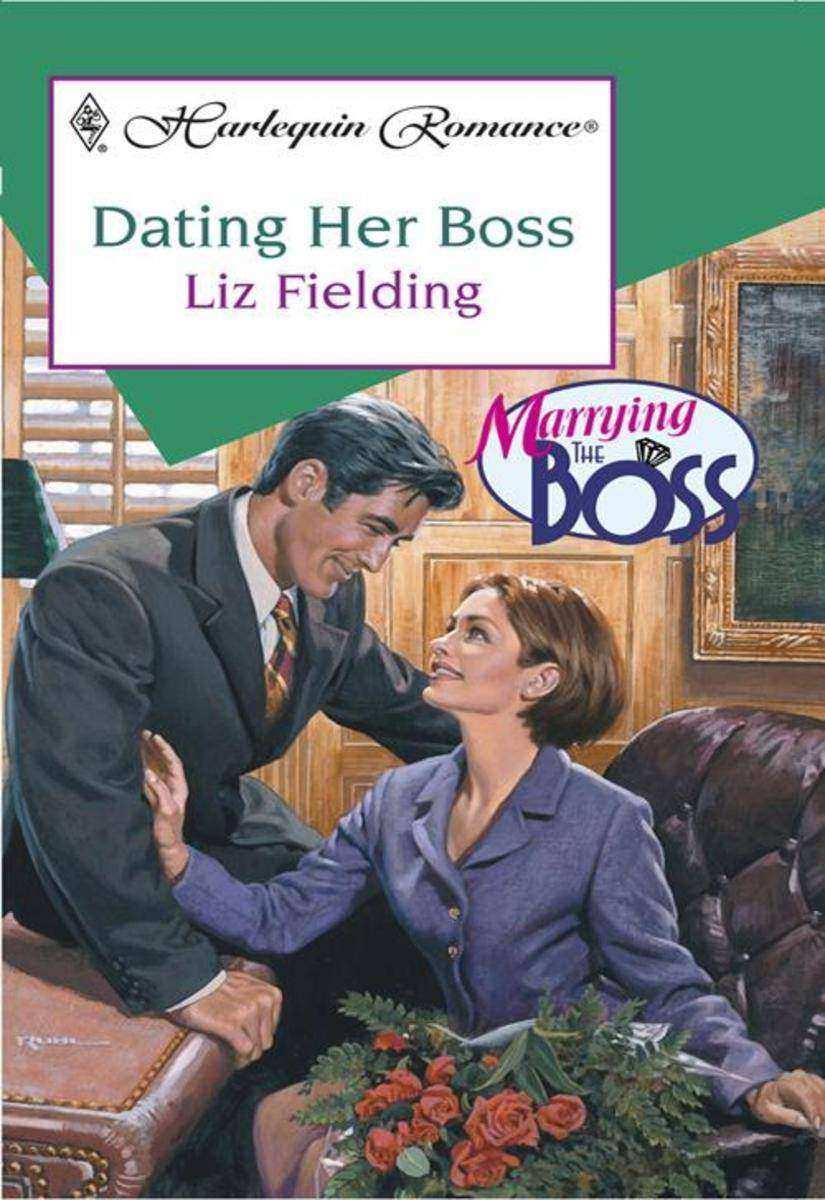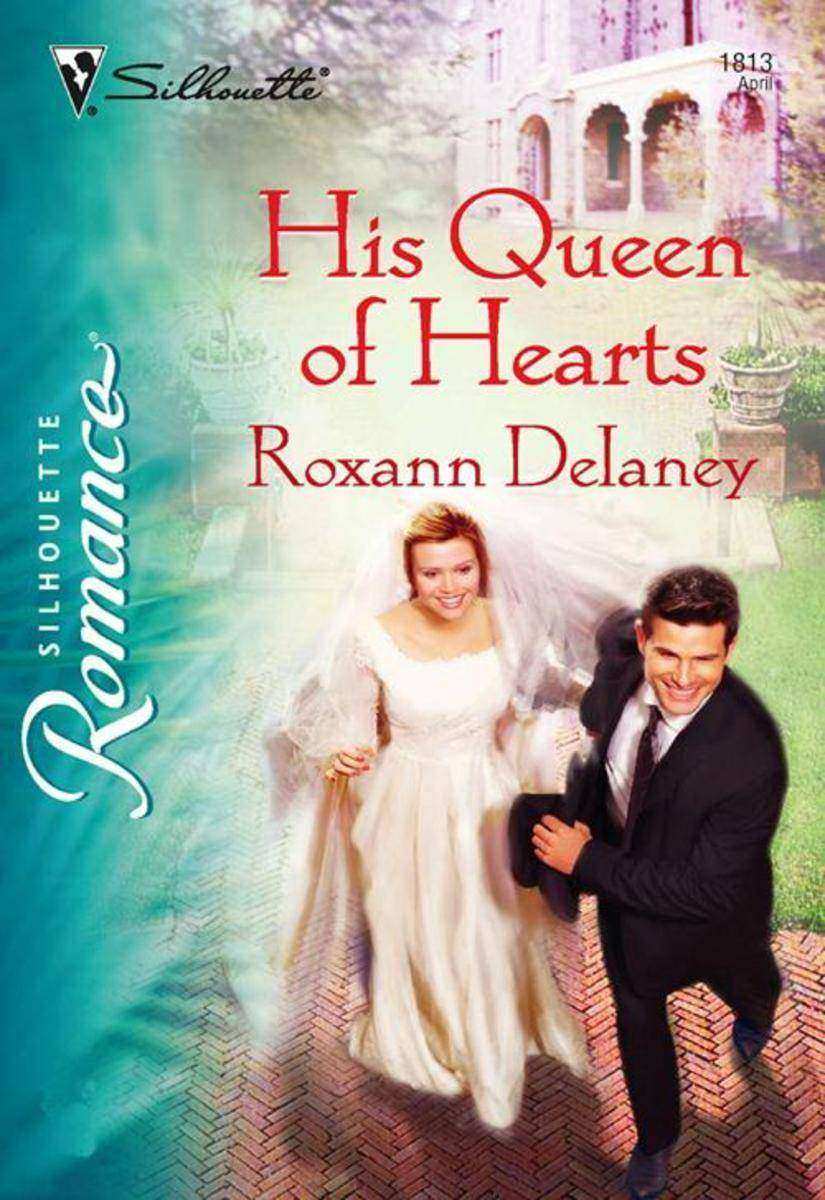
A Woman Worth Loving (Mills & Boon Cherish)
¥17.76
Audra Conlan has always been flirtatious, flamboyant and wild, until fate gives her a second chance she vows not to waste. This time she'll repent her mistakes, face her estranged family–and evade men like photographer Seth Ridley, whose sexy smile and welcoming ways tempt her to fall for him, hard and fast. But when her past threatens her new life, will Audra dare to forgive the woman she once was–and embrace the woman she was meant to be…a woman worth loving?

Assignment: Baby (Mills & Boon Cherish)
¥31.10
Gabriel Stearne might be a brilliant businessman–but there's nothing on his illustrious resume about children! So the unexpected delivery to the office of a baby leaves him only one place to turn–his personal assistant, Tess Gordon…. Gabriel and Tess have been hiding their fiery attraction for each other behind strictly professional behavior. Now Tess has to stay in Gabriel's apartment to help him care for little Harry. And between late-night feeds and early wake-up calls, anything could happen!

Barefoot and Pregnant? (Mills & Boon Silhouette)
¥25.60
SHE HAD EVERYTHING A GIRL COULD WANT–EXCEPT A HUSBAND! So career-girl Elise Montgomery turned to The Husband Finder, a trendy guidebook, to locate one. Only, according to the manual, her choice–sexy farmer Zane Keaton–was definitely Mr. Wrong! Yet, after a few of Zane's knee-weakening kisses, Elise wondered if he might be marriage material after all…. AVOID FEMALES WHO MISTAKE MARRIAGE FOR MERGER AND ACQUISITION! That had been Zane's motto…until he met Rise. Although sweet, sassy and seductive, Elise was too ambitious to be Zane's ideal wife, or was she? And what would it take to get Elise to say yes to a lifetime of domestic bliss?

Be My Baby (Mills & Boon Silhouette)
¥21.09
HE WAS A HEARTHROB…AND Amelia Gallagher delighted in taunting ' Larry Mackenzie—the gorgeous partner at the law firm where she worked. He was every woman's fantasy—except for one minor detail. He was utterly opposed to commitment. So why I was he carting around a seven-month-old baby? A NEW DAD! Named guardian of a client's daughter, Mac vowed he'd find little Katie the kind of family he never had. Until then, he'd need some help mastering the art of baby talk. Enter strikingly beautiful Amelia, who usually drove Mac crazy with her teasing. But when a snowstorm trapped them in his house, something else started driving him crazy—the idea that his home was the L perfect size for a family of three….

Blind-Date Marriage (Mills & Boon Silhouette)
¥21.58
Can this blind date lead to an appointment at the altar…? Serena–loves everything in life, except for blind dates! She's turned her back on her unconventional upbringing, and her deepest wish is to marry Mr. Right…. Jake–is a highly successful and focused businessman. He's worked hard to escape his roots, and now lives by one rule: never get married! A romantic candlelit restaurant, a dozen red roses, champagne on ice…the scene is set for the perfect blind date!

Bringing Up Babies (Mills & Boon Silhouette)
¥31.10
Lily Andersen only wanted to be the best nanny possible to the adorable Brewster triplets, but Chas Brewster was difficult to ignore. He was handsome, fascinating, and the way he loved the babies called to her most basic instincts. But he was also off-limits! No matter how Lily longed to grow closer to Chas, it was not a good idea to get involved with the boss. Yet as the light-night cuddles led to grown-up kisses, Lily had a hard time remembering her place wasn't in Chas's arms….

Contracted: Corporate Wife (Mills & Boon Cherish)
¥21.09
A MILLIONAIRE… Patrick Farr is perfectly happy with his bachelor life, wining and dining beautiful young women. If only he could make them understand that he will never marry for love…. A MARRIAGE OF CONVENIENCE… Louisa Dennison is the perfect PA. She's also a single mom, bringing up two very demanding kids! So when Patrick proposes, her answer is definitely no! Or is it? A MARRIAGE FOR REAL? Patrick's offer could answer Lou's prayers–financial security for life. But will their attempts to avoid love lead them to exactly that…?

Dad Today, Groom Tomorrow (Mills & Boon Silhouette)
¥31.10
WHEN FATE STEPS IN… Joe Delacamp was speechless. Louisa Clancy was the last person he'd expected to see when he walked into the sweet-smelling Perry Square bake shop. She was just as beautiful as he'd remembered, but it wasn't until the E.R. doc caught a glimpse of her green-eyed little boy that he realized that Louisa's whereabouts weren't the only thing she'd been keeping secret for the last eight years. Now he needed to figure out a way to win the trust of the little boy he never knew he had—along with the heart of the woman he'd never stopped loving….

Dating Her Boss (Mills & Boon Cherish)
¥31.10
Reclusive widower Max Fleming needs a new secretary. Plain-Jane Jilly Prescott seems perfect. And she's hardly likely to fall for him when she's still pining for her old boyfriend. Max has even offered to help Jilly get her man! The plan seems simple: with a new haircut, a new wardrobe and sexy tycoon Max on her arm to escort her to the hottest parties, Jilly's bound to attract the attention of her old flame. But "dating" Jilly is giving Max all sorts of ideas. None of which involve handing Jilly over to another man!

Fiance Wanted Fast! (Mills & Boon Cherish)
¥31.10
Phoebe is facing her worst nightmare: an invitation to her ex-fiancé's wedding! About to put on a brave face and pretend her life is just perfect, she's rescued by her best friend's brilliant idea: Phoebe can hire their gorgeous new flatmate, Gib, to pose as her doting new fiancé! It sounds like an ideal face-saving plan–until Phoebe and Gib meet. Gib, on a mission to prove he can be "just good friends" with a woman, finds his willpower tested by Phoebe. And Phoebe is having trouble remembering they're only pretending to be in love! It's all set to be a wedding to remember…

Found: His Family (Mills & Boon Silhouette)
¥21.58
A successful businesswoman and single mom, Aimee has everything she wants in life–especially her little boy. But Toby is sick, and Aimee now needs the one person she thought she'd never see again–Toby's father, Jed. When Jed left Aimee five years ago he thought he was doing the right thing. But he hadn't realized Aimee was pregnant–or how much it would hurt when he walked away. Now that Jed has found his family he's determined to make up for lost time. He wants to prove to Aimee that he can be the father Toby needs and the husband she deserves.

Her Forbidden Bridegroom (Mills & Boon Cherish)
¥31.10
When Lorna Farrell finds herself caught up in a pretend engagement with handsome oil tycoon Mitch Ellery, she knows she's playing with fire. Mitch is the key to Lorna being reunited with her real family. He's also the only man she's ever loved–and the one man she can't have! Mitch must never guess Lorna's true feelings, but pretending to be in love leads to complications. If Lorna walks away, she loses everything. But as the attraction between them intensifies, should she take a risk and confess her secrets?

Her Mistletoe Man (Mills & Boon Silhouette)
¥31.10
ALL HE WANTED FOR CHRISTMAS… was to get away from the hustle and bustle of another lonely holiday season. But when Tucker Maddock stopped at what he thought was a quaint country inn, he found himself at a reunion of the big, boisterous Marsh family–who instantly welcomed their "long-lost cousin" with open arms…. It was tempting to pretend, just for a little while, that this close, loving family was his own. But there was one small problem–a woman named Ruth Marsh. She was suspicious of him from the start–and so beautiful, he definitely didn't want her to think they were related! And suddenly Tucker could think of something he'd really like to unwrap come Christmas morning….

Her Second-Chance Man (Mills & Boon Silhouette)
¥21.09
Brian Kemp didn't put much faith in happy endings, but when his orphaned niece's puppy got sick, the hard-nosed cop turned to the one woman capable of performing miracles…. Back in the day, Jessica Moran had been plain, plump and unpopular–and very much in love with golden-boy Brian. Now she was all grown up, hauntingly beautiful and doing just fine…. Until her high school heartthrob showed up on her doorstep with his sad-eyed niece and injured pup in tow. But Jessica knew better than to give her heart to the man who'd made her stop believing in happily-ever-after long ago…. Didn't she? He'd asked her to heal the pooch, but maybe she would heal his brooding heart, as well!

His Band Of Gold (Mills & Boon Silhouette)
¥31.10
She didn't believe in love or marriage–for herself at least. For others, wedding consultant Kelsey Armstrong Waters planned the most perfect weddings–and hoped for the best. But her much-married parents made her vow never to step down the aisle. Until she met Will Addison. He'd come to beg Kelsey's help in planning his flighty sister's wedding, and against her instincts she'd agreed. He was handsome, sexy, a romantic who believed in love–and a man who stirred dreams she'd thought long gone. Now Kelsey was even forgetting the most basic rule: Remember–you're not the bride! Or would she be?

His Queen of Hearts (Mills & Boon Silhouette)
¥31.10
She'd run from her fairy-tale wedding and with the help of a stranger she was now holed up in a remote location, trying to catch her breath. But Carly Albright knew it was only a matter of time before her past caught up with her…. ^Mysterious women with secrets were tempting, but Devon Brannigan planned on resisting the urge to get closer to Carly. He'd done his good deed in rescuing her and had offered his protection. There were plenty of things in his past that gave him no pright to get closer to Carly. No reason to care for her. And still, how could he 'resist her?

If The Ring Fits... (Mills & Boon Silhouette)
¥25.60
Practical Rachel Palmer's aversion to risk-taking led to a marriage that just didn't fit. Now single again, she's embracing her newfound independence–and the first step is taking her jewelry business worldwide! For that she needs expert help from Italian Antonio Salerno… His business help soon turns personal. And being in close-enough-to-kiss proximity to a sexy playboy makes Rachel feel she's taking a flying leap into deliciously risky territory. It's everything she's been craving…but this is a man famous for loving and leaving. Surely falling for him would be a step too far?

In Pursuit Of A Princess (Mills & Boon Silhouette)
¥31.10
FROM THE DESK OF LUC DUMONT, HEAD OF SECURITY ST. MICHEL APRIL 2002 DAY30 While a missing heir remains at large, Princess Ariane has offered to go undercover at the palace in Rhineland and learn more about the rumored faction hoping to control St. Michel. Her quick mind and devotion to her country–not to mention her intoxicating beauty–make Ariane the perfect person for the job. But it seems as though love has bloomed early this spring, for Ariane and the irresistible Prince Etienne have been practically inseparable. Does this mean the prince has finally found his bride? And if so, what will happen when he learns Ariane's been stripped of her royal title?

Kids Included (Mills & Boon Cherish)
¥31.10
When Jack met Molly again on vacation with their respective children in tow, it brought home two things–the fun and fiasco of their last meeting and just how much they wanted each other! Their holiday certainly brought them closer. But what woman would want to take Jack on with four children–especially when she already had two of her own? But those children realized something their parents didn't–that five plus three equals the ideal family!

Kissed by Cat (Mills & Boon Silhouette)
¥31.10
The Cat Rules Rule #1: Cats have nine lives. Catherine Wyndham had used up her first eight avoiding mishaps and romantic misadventures. Now she had only one more left…and one last chance to find true love. Rule #2: Cats always land on their feet. Catherine usually did too, until she was waylaid one night by a purrfectly irresistible veterinarian, Garrett McAllister. He was so kind to her that soon her finicky heart began to melt, even though her inner feline told her she might be headed for a romantic crash landing! Rule #3: Good little kittens grow up, get rescued by the tom of their dreams and live happily ever after. Is that really a rule…or is it just another romantic furry tail?

Love Chronicles (Mills & Boon Silhouette)
¥31.10
SHE GOT UNDER HIS SKIN… [And besides, Dr. Connor Forbes didn't want a r partner. Even if Sunny Williams was the most beautiful blonde he'd ever seen, the uptight physician knew Sunny's crazy New Age ideas–and her irresistible lips–would only wreak havoc on his practical, wellordered life. i But with her sweet smile and luxurious deep ^tissue massages, the spunky siren had made it impossible for him to turn her away without risking the wrath of the entire town of Oak Valley…and his traitorous heart. Maybe having Sunny as a partner was just what the doctor ordered…




 购物车
购物车 个人中心
个人中心



